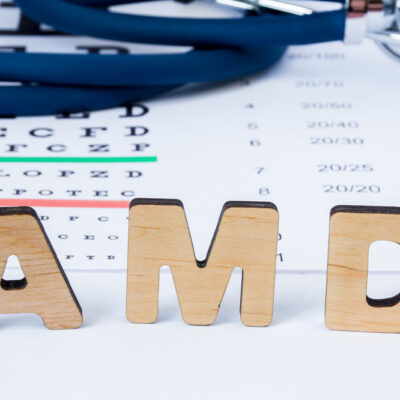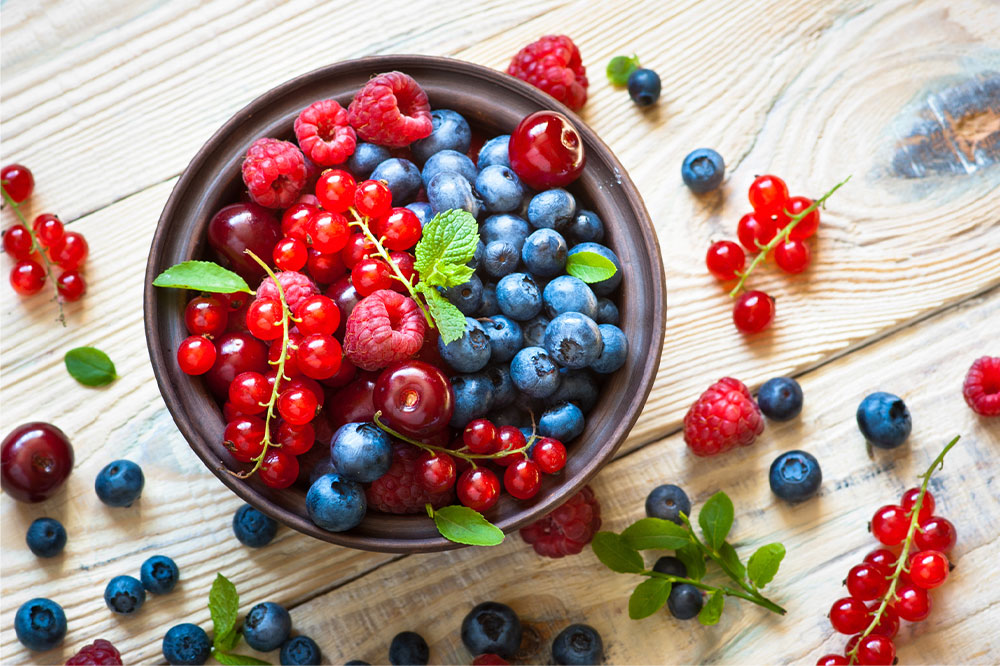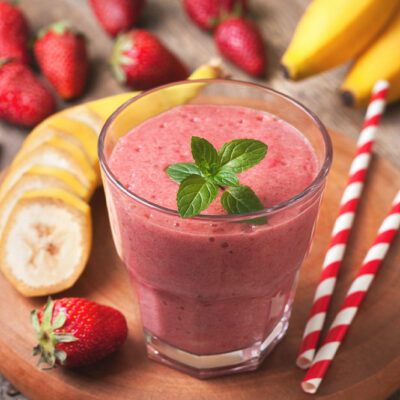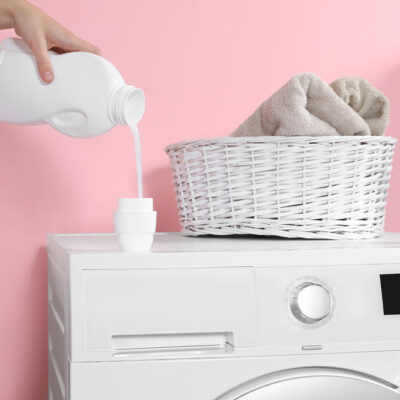Understanding the choice between water and sports drinks
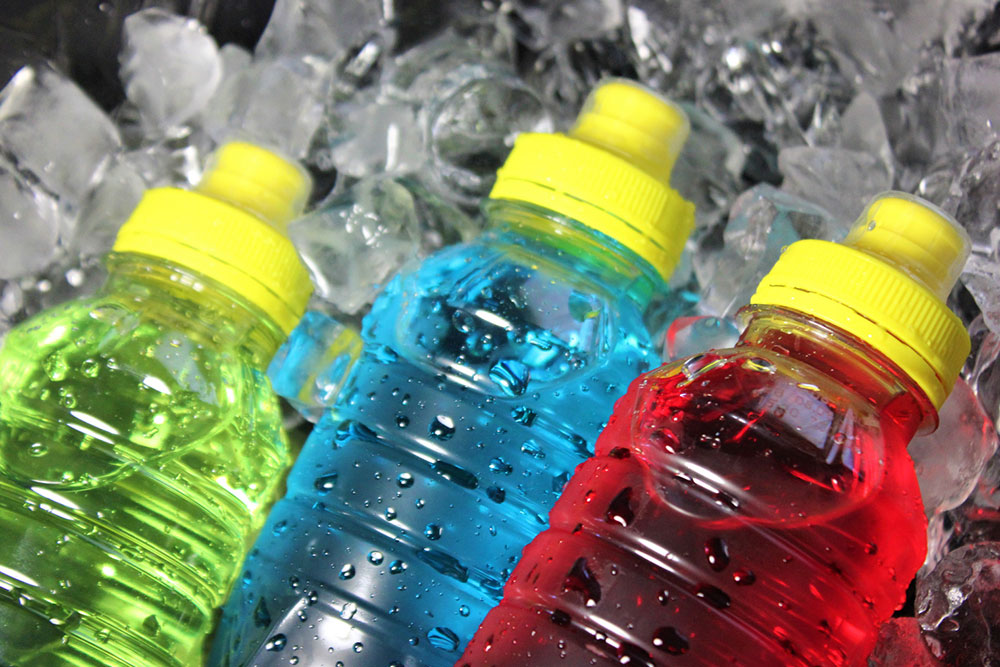
One may have seen athletes on TV drinking brightly-colored sports drinks. People often assume that these drinks can instantly help one improve performance and endurance, but that is simply not true. So how do these sports drinks really work? When is a good time to substitute water for a sports beverage? Is it suitable for children and adults? It is vital for one to find out answers to these questions and make better-informed decisions about one’s health.
The importance of hydration
The human body is made up of 70% water, which is vital for the system to function. Some of the ways in which water helps the body are:
Bringing nutrients to the cells
Waste excretion
Regulating and maintaining body temperature
Joint lubrication
Protecting the spinal cord and sensitive tissues
Formation of saliva and mucus
Maintaining supple and hydrated skin
People lose water in various ways, such as via sweat, urine, feces, and even through the air one exhales throughout the day. Thus, one must ensure proper water intake to replenish the fluid levels in the body. Neglecting the same could lead to dehydration, resulting in symptoms such as fatigue, dizziness, excessive thirst, dry mouth, dark urine, dry skin, etc.
Among healthy adults, the recommended daily fluid intake is 91 ounces (2.7 liters) for women, and 125 ounces (3.7 liters) for men. However, this can vary depending on one’s protein intake, activity levels, local weather conditions, and more.
What are sports drinks made of?
Water is one of the main ingredients in a sports drink. Additionally, these beverages may also contain:
Carbohydrates
Most sports drinks contain carbohydrates in the form of polymerized glucose. An 8-ounce serving may provide anywhere between 2-19 grams of carbs. This can be particularly beneficial during or after a strenuous workout. Many brands also offer low- or zero-carb options these days, so health-conscious individuals can enjoy the benefits of electrolytes without any added calories.
Amino acids
Some sports drinks also contain amino acids, which could promote muscle recovery. However, those who follow a healthy meal plan generally do not require this.
Sodium
Sports drinks mainly contain electrolytes like sodium, which helps the body retain more water. Depending on the brand or variety, a drink may contain 35 to 200 milligrams of sodium per 8 ounces. Ome may also have lightly-salted foods like pretzels, nuts, and trail mixes, which are sources of sodium.
Potassium
Sports drinks typically also contain 15 to 90 mg of potassium. Potassium helps the nerves respond to stimulation, and makes the process of nutrient movement into cells more efficient. However, experts generally recommend opting for sports drinks that contain higher levels of sodium, instead of potassium. Other sources of potassium include bananas, spinach, Swiss chard, avocados, etc.
Advantages of having a sports drink
Sports drinks are mainly manufactured for people who engage in strenuous physical activity. Their main components – water, carbohydrates, and electrolytes – are all important regarding exercise performance.
Since one loses water and electrolytes while sweating, one can turn to sports drinks as a quick way to replenish them. This can be particularly effective during long-duration exercises. For example, endurance athletes, such as marathon runners, often sip on sports drinks throughout their run to maintain blood sugar and energy levels. Additionally, the body stores carbohydrates in the form of glycogen, which provides fuel during a workout. As the glycogen level depletes, a sports drink can help replenish it, thus improving performance.
When should one have a sports drink?
According to experts, only adults and children engaging in extended and heavy exercise that lasts over an hour should consume sports drinks. Even then, it is important to consult a healthcare professional before consuming these beverages regularly.
For others, having sports drinks regularly, or replacing water with them during meals and on other times, may result in extra calories and increase the risk of lifestyle diseases. Plus, as these drinks tend to be acidic, they may also cause enamel erosion or demineralization.
Can sports drinks be consumed as a replacement for water?
In a sports drinks vs. water scenario, water will always be healthier. Drinking water is the healthiest way to remain hydrated all day. While sports drinks help boost endurance and energy levels, these drinks also contain high amounts of sugar, which could increase caloric intake and cause sugar spikes.
Exploring alternative ways to stay hydrated
Individuals can also opt for other rehydrating fluids such as:
Coconut water
Coconut water is a great way to naturally replenish electrolytes after a low-to-medium intensity workout. It contains low amounts of carbohydrates, sodium, and potassium.
Milk
Milk is another popular recovery drink, as it contains carbohydrates, proteins, electrolytes, and vitamin D. These can be beneficial after a prolonged workout session.
Homemade infused water
Bottled infused water contains high levels of added sugars, which can be detrimental to one’s health. It may be a better idea to make infused water at home using fruits and vegetables such as lime, strawberries, oranges, lemons, etc. While these may not provide a spike in energy after a strenuous workout, they can make drinking water more enjoyable. Try these popular flavor combinations:
Strawberry-lemon water
Cinnamon-orange water
Ginger-lime water
Apple-cinnamon water
Watermelon-mint water
Lemon-cucumber water
Raspberry-lemon water



